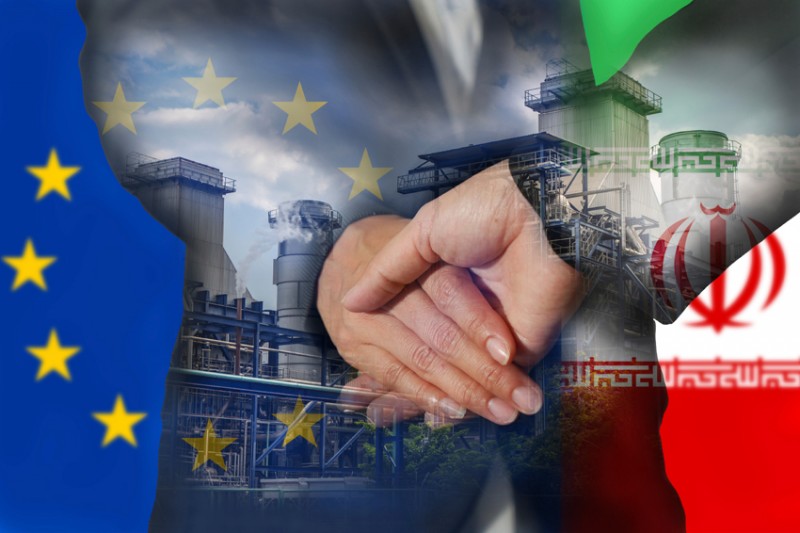
'The JCPOA is a key element of the global nuclear non-proliferation architecture, endorsed unanimously by the United Nations Security Council, and critical for regional and global security,' the spokesman who spoke on the condition of anonymity, was referring to the nuclear deal signed with Iran.
International Atomic Energy Agency (IAEA) has confirmed Iran's commitment to its obligations several times.
'The European Union will continue to abide by the JCPOA as long as Iran continues the full and effective implementation of its nuclear-related commitments as it has been confirmed by the IAEA in 14 consecutive reports, including in its latest quarterly report issued on 22 February 2019. The JCPOA's sanctions-lifting commitments are an essential dimension of the nuclear deal,' the spokesperson told the Islamic Republic News Agency (IRNA).
Referring to the Instrument for Supporting Trade Exchanges, or INSTEX, the official said, 'Once fully operational, INSTEX should help EU exporters and importers pursuing legitimate trade, as permitted under the EU, international and the relevant domestic law. INSTEX is not directed against the US. It will operate fully in line with the EU and international law and standards on anti-money laundering or countering the financing of terrorism.'
'The Blocking Statute (adopted in 1996 and with an update of its Annex in 2018) seeks to protect the EU economic operators from the extraterritorial application of certain US unilateral restrictive measures. Furthermore in August 2018, the EU Delegated Act updating the EIB lending mandate to make Iran fully eligible entered into force as of August 2018,' according to the spokesperson.
Following the US unilateral withdrawal from the nuclear deal in 2018, European signatories to the deal announced their commitment to their obligations.
Despite Washington's sanctions against Iran and its warnings against any deal with the country, Europe expressed willingness to keep doing business with Tehran.
9156**2050
Follow us on Twitter @IrnaEnglish
 solhkhabar | Peace International News Agency Peace International News Agency , Peace News , International Agency News of Peace
solhkhabar | Peace International News Agency Peace International News Agency , Peace News , International Agency News of Peace